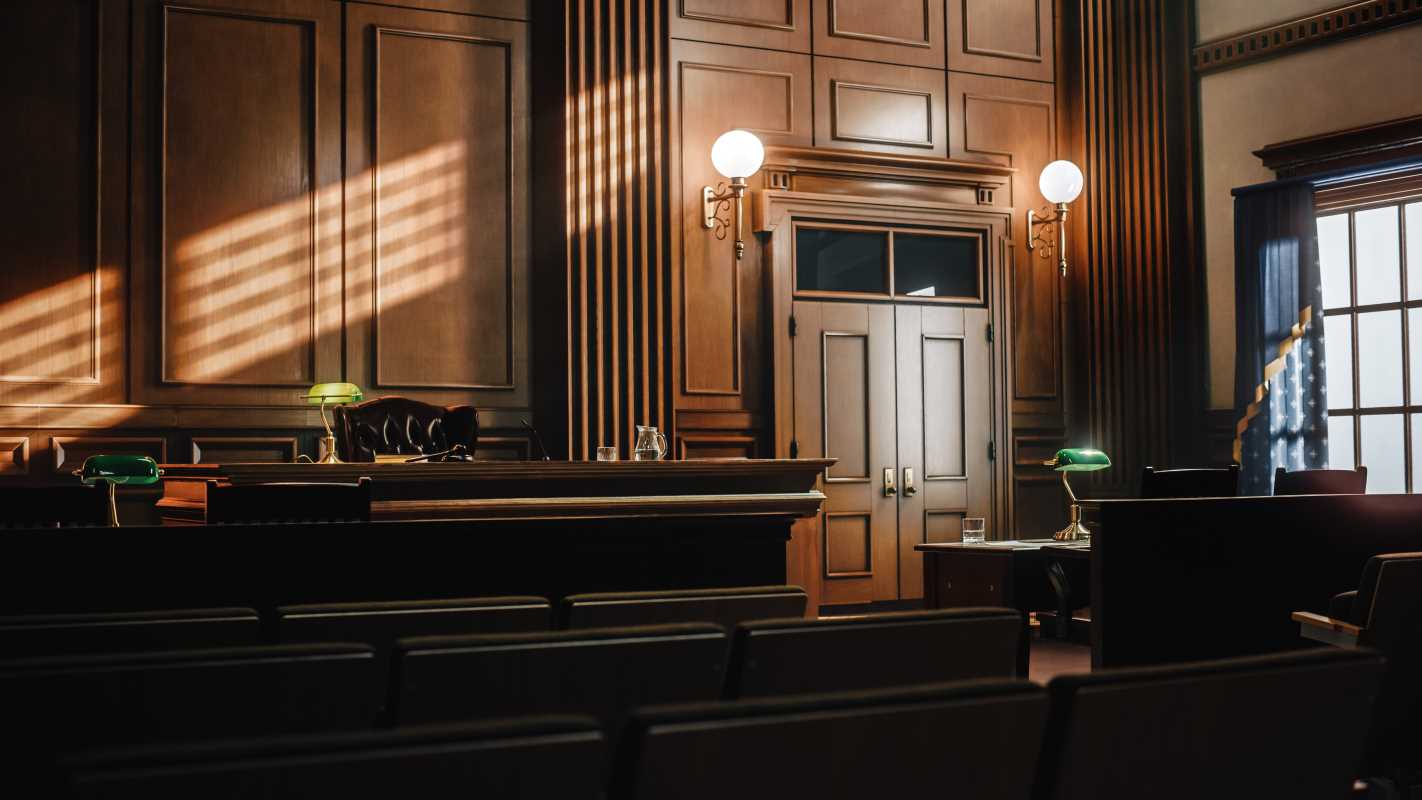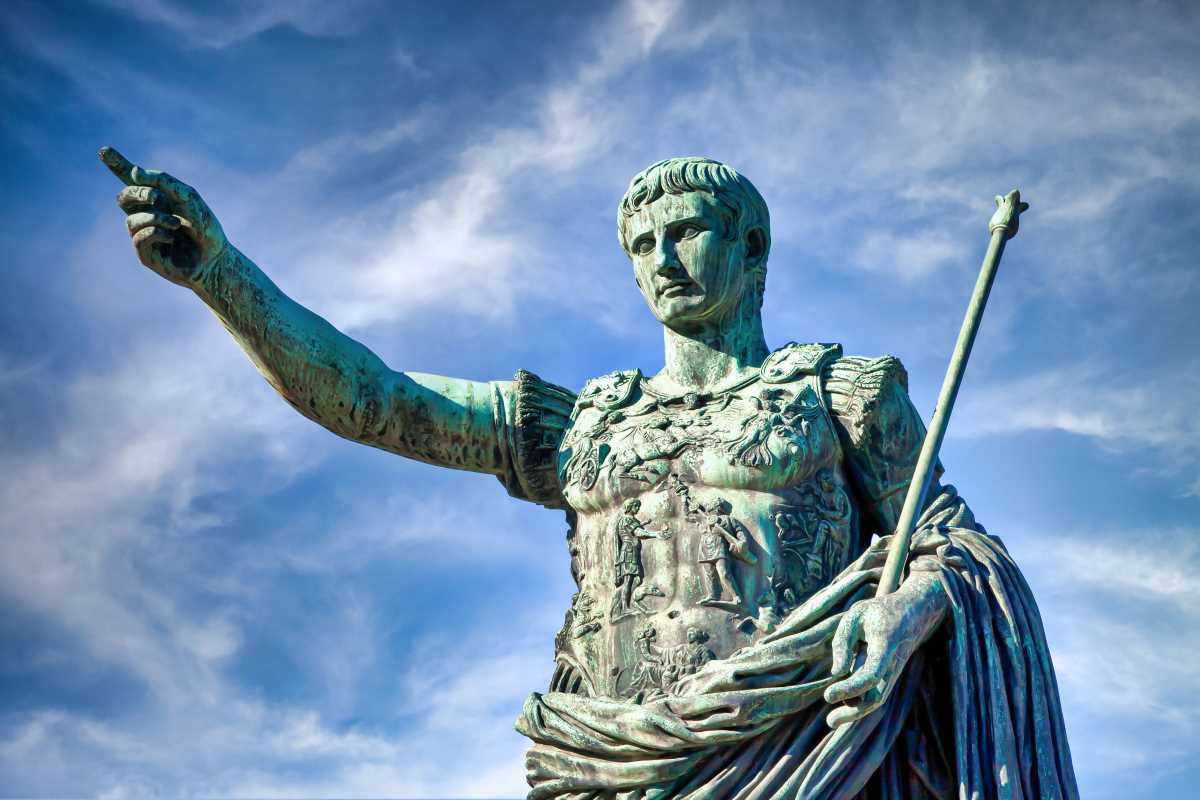Throughout history, certain courtroom moments have captured the public’s imagination and become milestones of law, society, and scandal. These trials have shaken governments, questioned morals, and underscored humanity's flaws and achievements. What makes them unforgettable isn’t just the legal arguments but the drama, betrayal, and often the cultural contexts surrounding them. From ancient Athens to 20th-century Los Angeles, these trials reveal how societies grapple with justice. Join us as we explore six of the most talked-about court cases in history, each packed with intrigue, power struggles, and outcomes that still spark debate today.
The Trial of Socrates (399 BCE)
The Trial of Socrates remains one of history's earliest and most thought-provoking examples of justice gone awry. Charged with impiety and corrupting the youth of Athens, the philosopher defended his questioning of traditional beliefs as an attempt to promote self-reflection and wisdom. A jury of 501 male citizens overwhelmingly found him guilty, even though his "gadfly" metaphor aimed to show his value to democracy. Socrates was sentenced to death by drinking hemlock, a punishment reflecting Athens’ broader insecurities during a tumultuous political period. Historians note that Socrates never described himself literally as a “gadfly,” though the term became symbolic of his relentless questioning. His trial ultimately framed the eternal debate over the freedom to challenge authority.
The Salem Witch Trials (1692–1693)
The Salem Witch Trials are a chilling reminder of what fear and mass hysteria can produce. Over 200 people were accused of practicing witchcraft in colonial Massachusetts, with 20 executed by hanging and five dying in jail. The trials began when a group of young girls claimed to be afflicted by witchcraft, naming three women, including a slave named Tituba, as responsible. Tituba’s vivid confessions fueled paranoia, leading to a wave of accusations. The use of "spectral evidence," based on visions or dreams, was central to the convictions, even as respected figures like Cotton Mather urged its dismissal. Governor Phips eventually disbanded the court in October 1692, although the damage was done. The trials remain a symbol of the consequences of superstition and unchecked authority.
The Trial of Mary, Queen of Scots (1586)
The trial of Mary, Queen of Scots, marks one of the most politically charged events of Tudor England. Imprisoned for nearly two decades by her cousin Elizabeth I, Mary faced accusations of conspiring in the Babington Plot to assassinate Elizabeth. Mary was convicted despite her objections to the legitimacy of the proceedings, including her lack of legal counsel or access to evidence against her. Her tearful protestations condemned the evidence as tampered, and historians agree that Elizabeth’s spymaster, Sir Francis Walsingham, heavily orchestrated the outcome. On February 8, 1587, Mary was executed at Fotheringhay Castle, solidifying her status as a Catholic martyr and casting a shadow over Elizabeth’s reign.
The Dreyfus Affair (1894–1906)
The Dreyfus Affair laid bare the fault lines of anti-Semitism in late 19th-century France. Alfred Dreyfus, a Jewish army officer, was wrongly convicted of treason for allegedly passing military secrets to Germany. Evidence later pointed to Major Esterhazy as the true culprit, but the army doubled down on its case against Dreyfus to protect its reputation. The novelist Émile Zola’s public letter, "J’accuse," brought widespread attention, accusing the French government of cover-ups and bias. A pivotal moment occurred in 1898 when an essential document implicating Dreyfus was proven to be a forgery. Ultimately, Dreyfus was exonerated in 1906 after years of public protest, highlighting the dangers of prejudice and the need for judicial fairness.
The Scopes Monkey Trial (1925)
The Scopes Monkey Trial, held in Dayton, Tennessee, became a battleground for science and religion. High school teacher John T. Scopes was accused of violating the Butler Act by teaching evolution. While Scopes deliberately incriminated himself to challenge the law, the trial’s spectacle drew national attention. Clarence Darrow defended Scopes, clashing with prosecutor William Jennings Bryan in a legendary exchange where Bryan defended a literal interpretation of the Bible. The jury found Scopes guilty after only nine minutes of deliberation, though the fine was later overturned on a technicality. Beyond the verdict, the trial symbolizes debates about educational freedom and cultural values.
The O.J. Simpson Trial (1995)
Few trials have captivated the world like the murder case of O.J. Simpson. The former NFL star was acquitted of the brutal killings of his ex-wife, Nicole Brown Simpson, and her friend Ronald Goldman. Simpson’s defense team, dubbed the "Dream Team," argued that evidence was mishandled and claimed racial bias on the part of the police. One of the trial's most famous moments occurred when the defense asked Simpson to try on a bloodied glove that appeared too small, prompting the memorable phrase, "If it doesn’t fit, you must acquit." Yet, public opinion divided sharply along racial lines, with many African Americans viewing the acquittal as a victory against systemic injustice, while others saw it as a miscarriage of justice. Simpson was later found liable in a civil trial for wrongful death and ordered to pay $33.5 million in damages.
From ancient moral quandaries to modern media frenzies, these trials show how pivotal courtrooms have been in reflecting the values and divisions of their times. Scandalous as they are, they force us to confront human fallibility and the ongoing struggle for truth and justice in society.
 (Image via
(Image via





